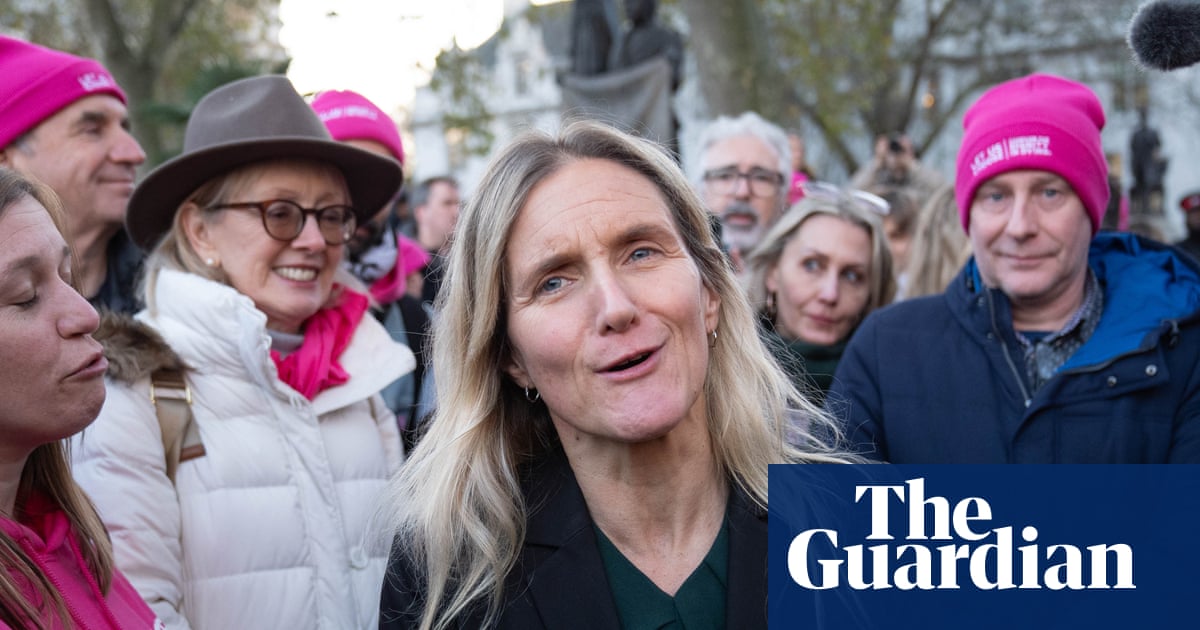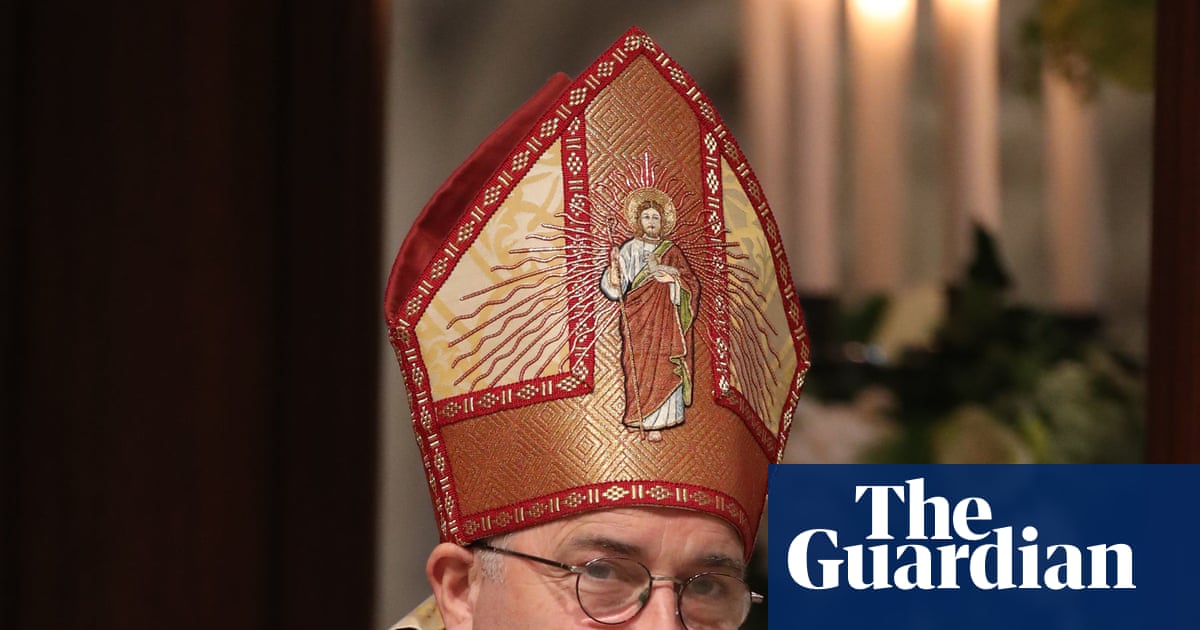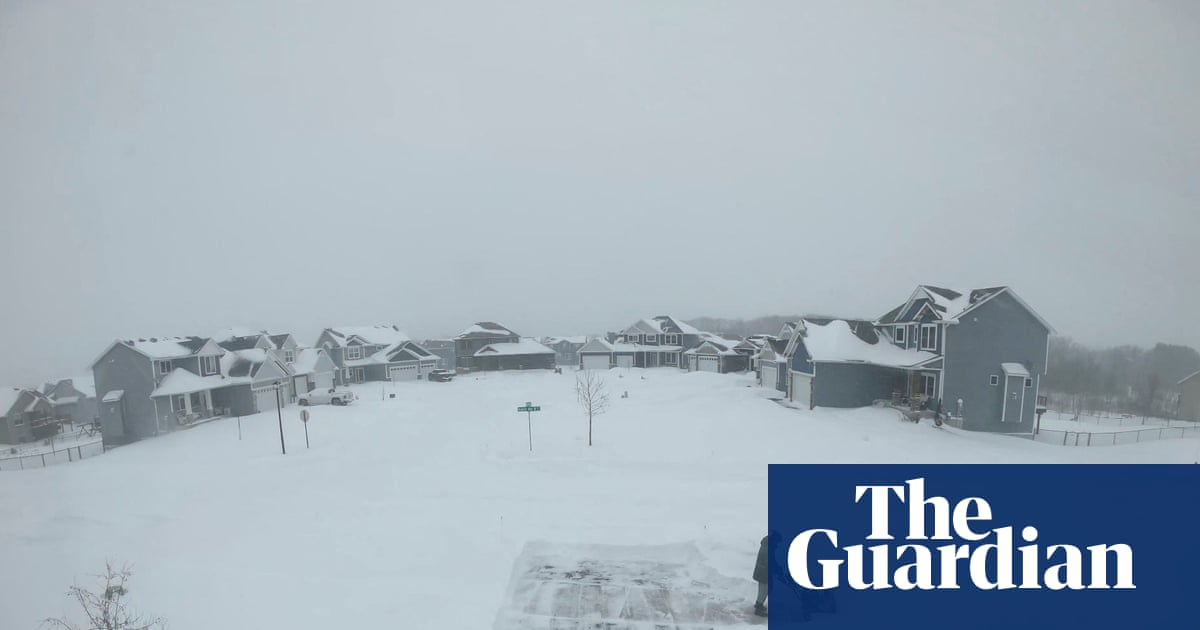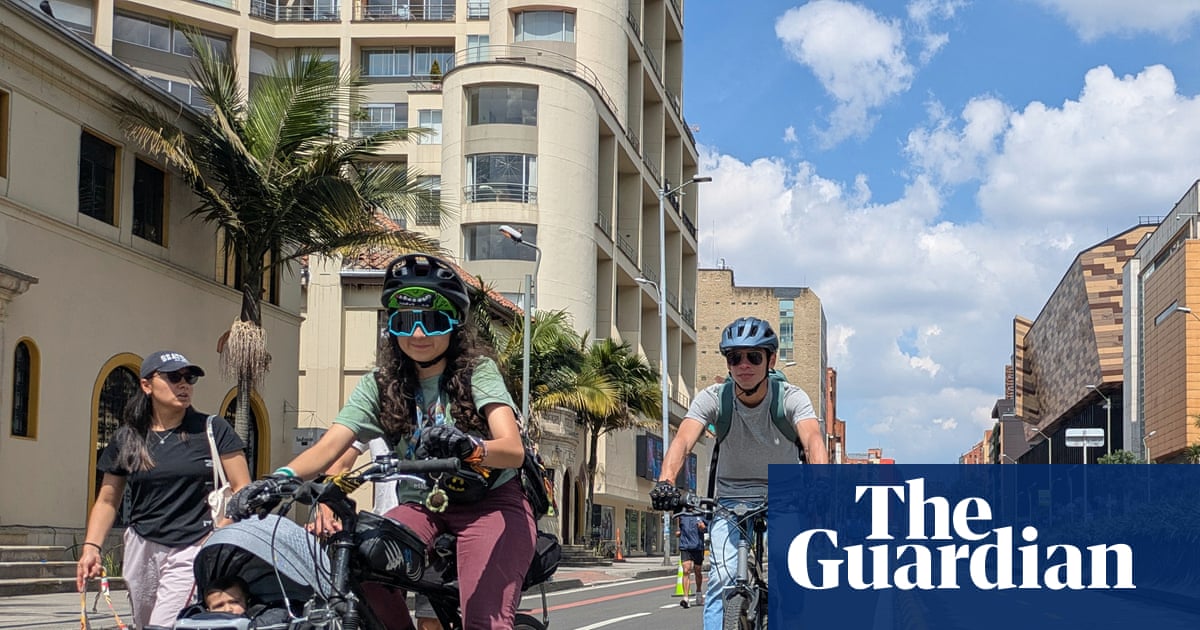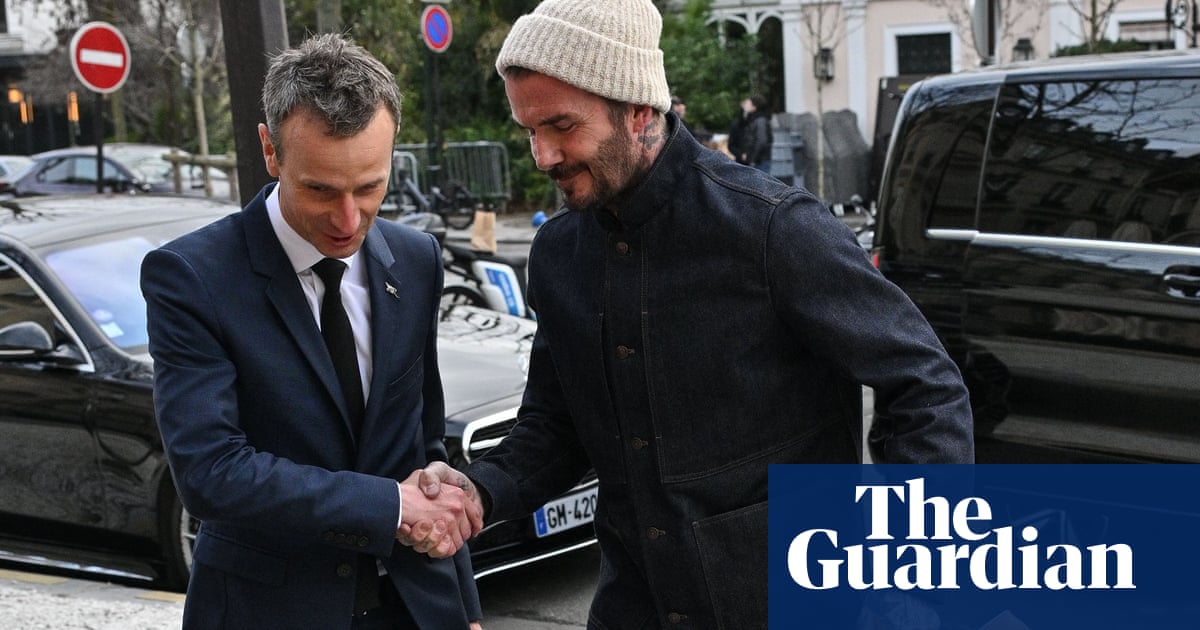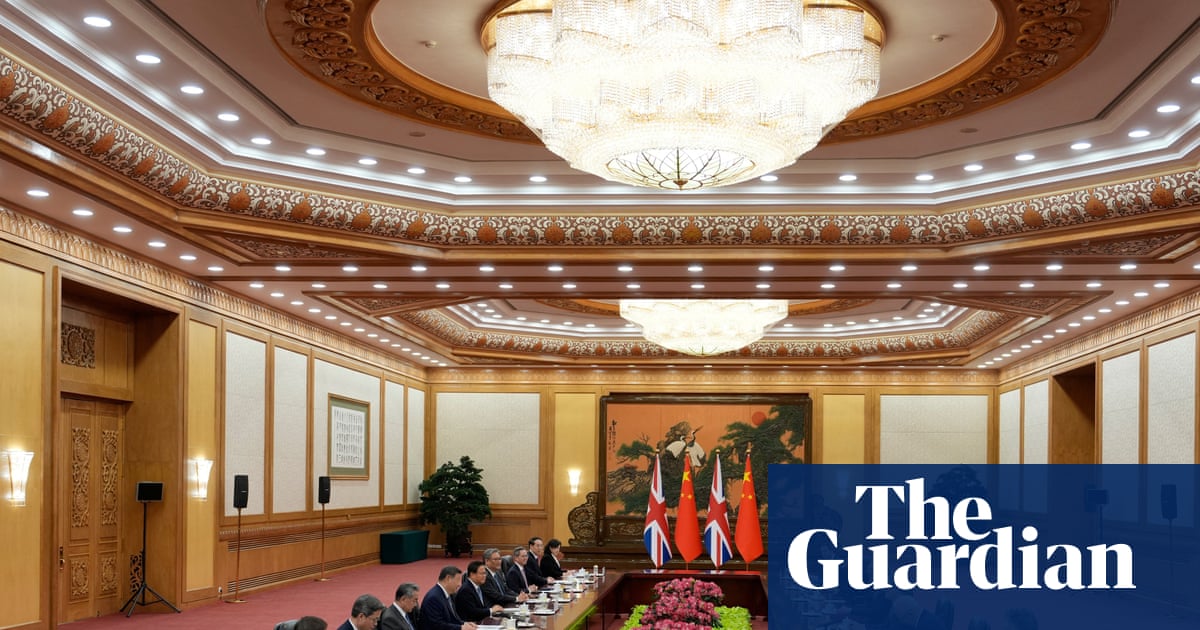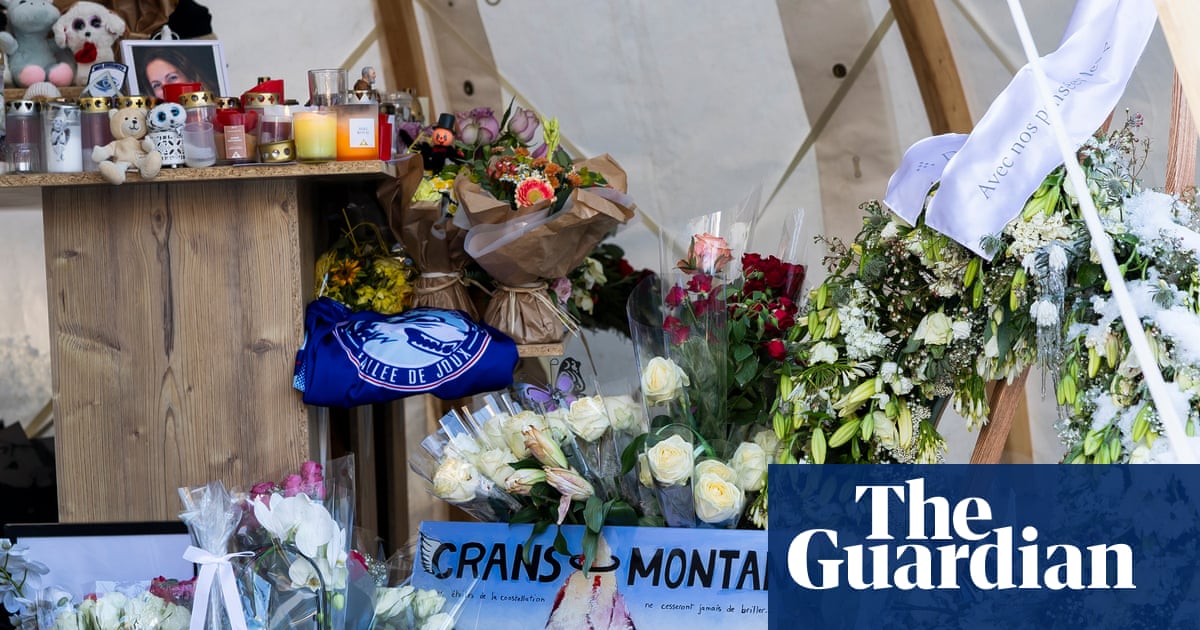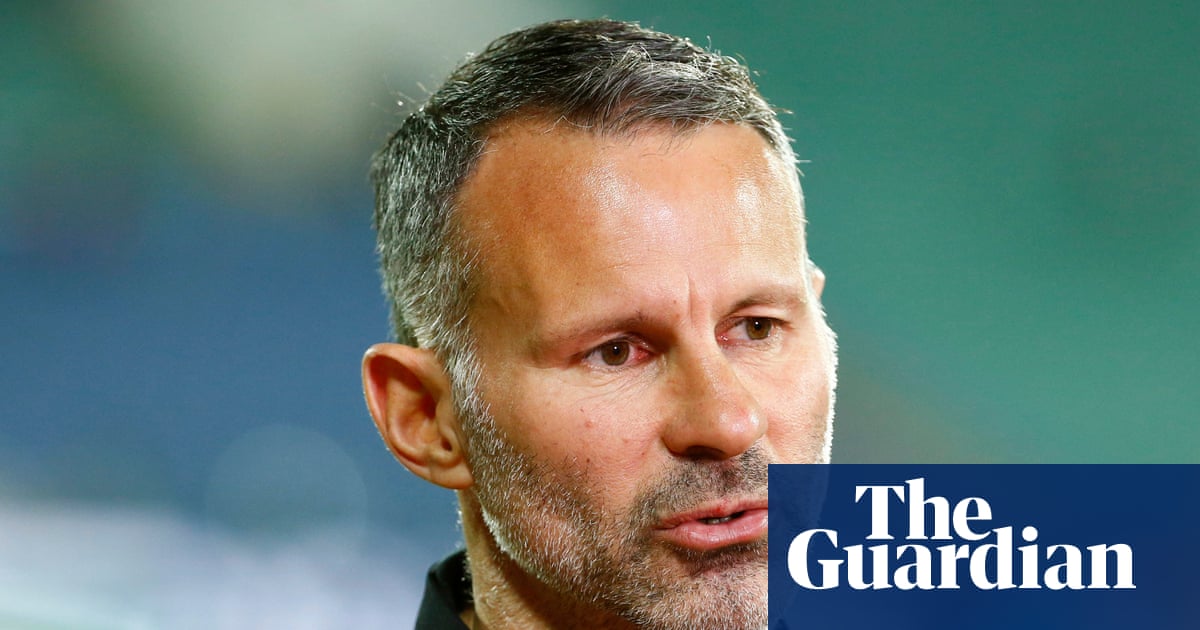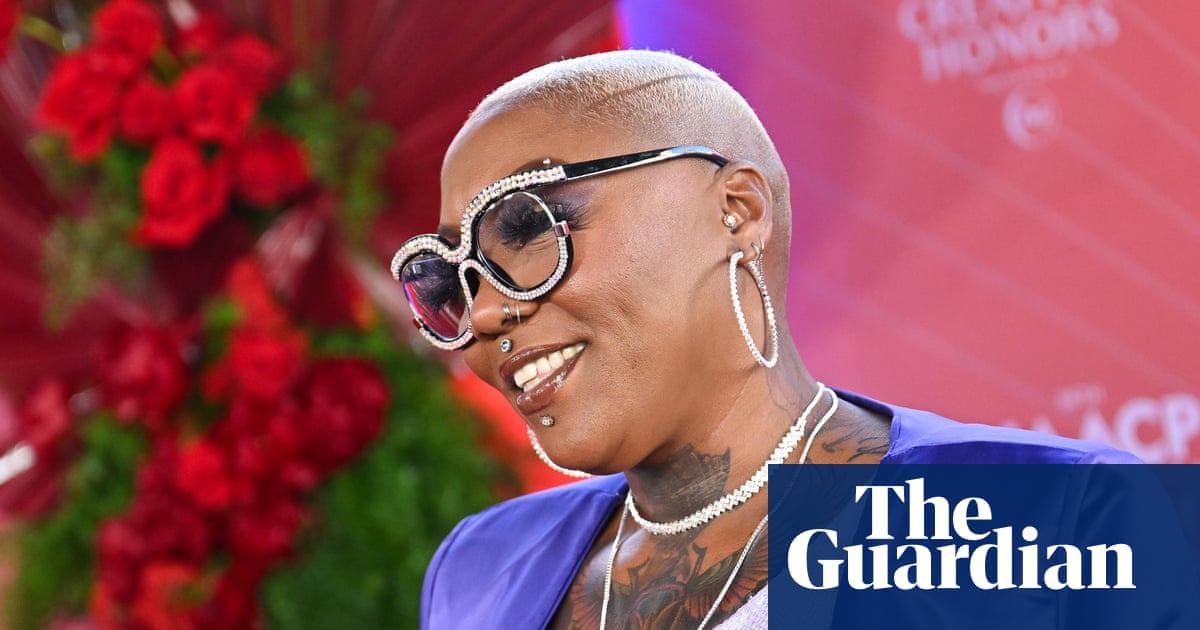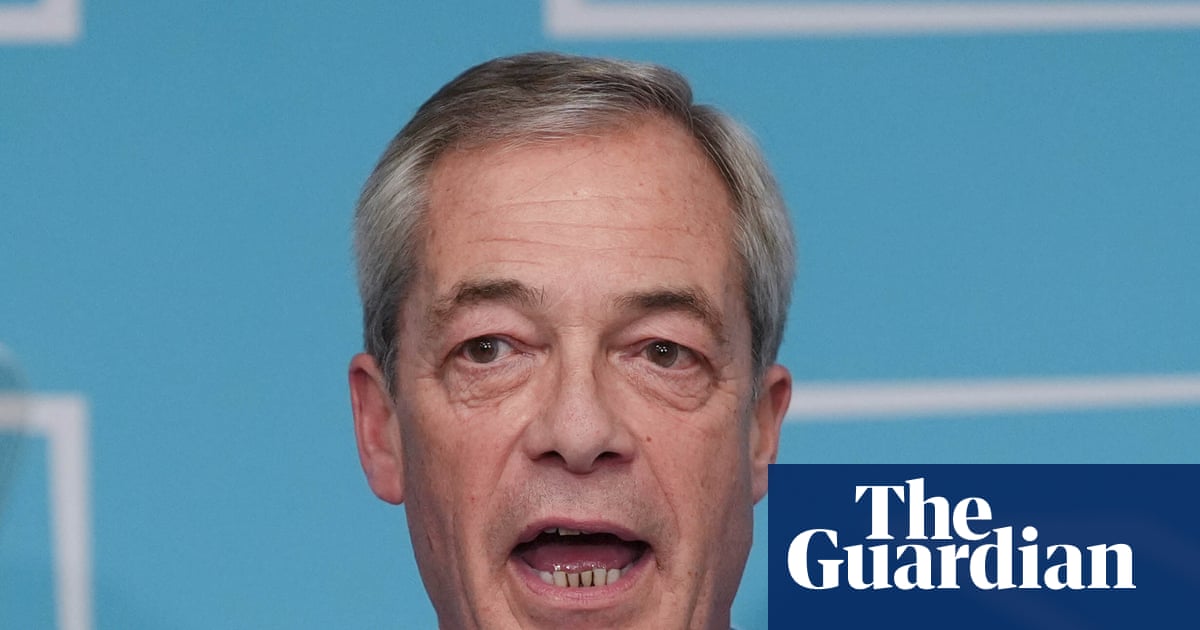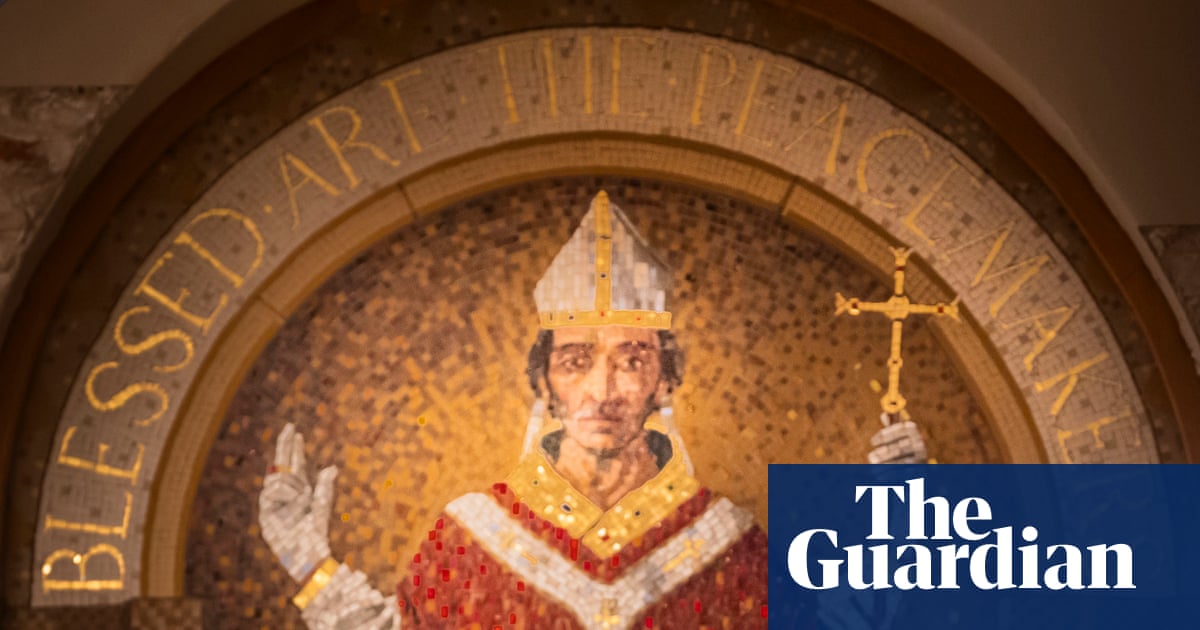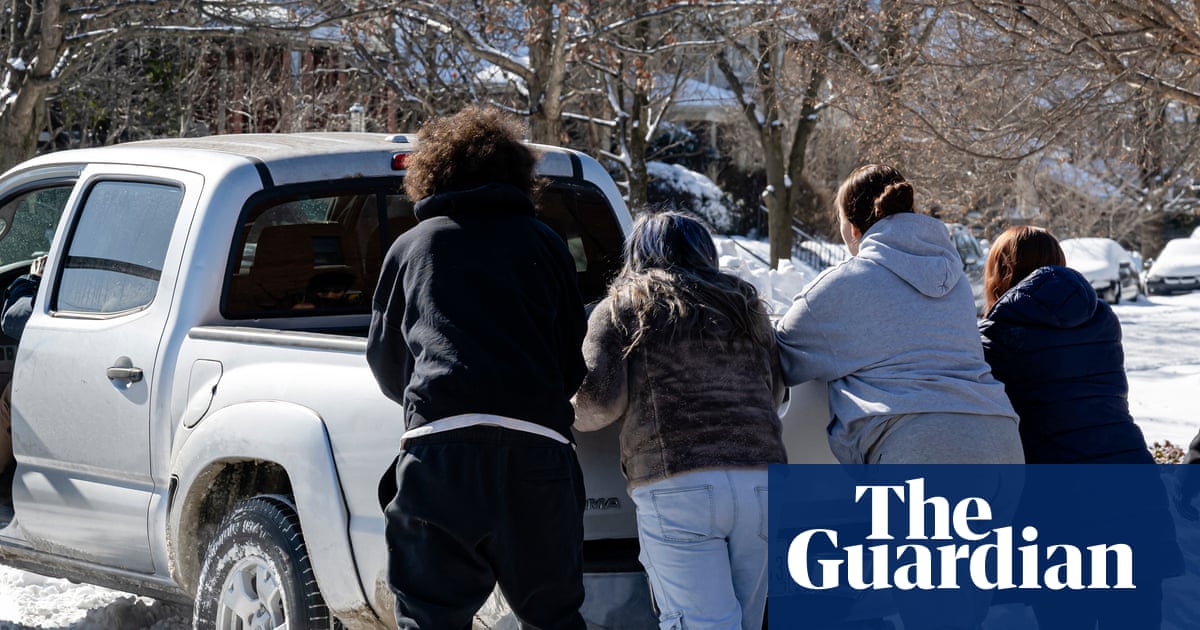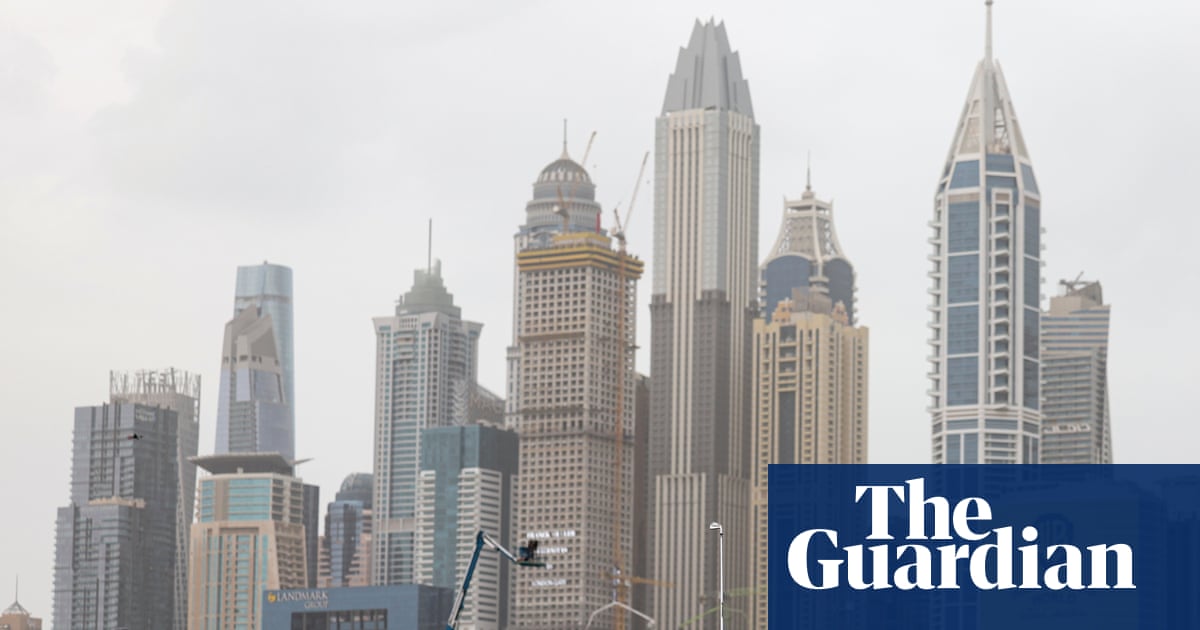World leaders – or at least about 50 of them – flew away from preliminary Cop meetings in the Amazonian city of Belém last week, where they met to discuss the climate crisis, the ravages committed on the planet’s biggest rainforest only too apparent beneath them, if they chose to look.
Deforestation, drought and the climate crisis are pushing the Amazon to what could become a “tipping point”, where it changes state from a rainforest to a savannah ecosystem, and from a massive absorber of carbon to releasing carbon into the atmosphere, which would have devastating consequences for the whole world.
Staving off such tipping points is why, scientists warn, countries must strive to hold temperatures to 1.5C above preindustrial levels, or as near as remains possible. There are other potential tipping points in the climate system – the die-off of coral reefs, the melting of ice sheets, the release of methane from warming tundra – that could drive faster heating and spell catastrophe.
The world leaders – who included the UK’s Keir Starmer, the EU’s Ursula von der Leyen and Germany’s Friedrich Merz but not China’s Xi Jinping, India’s Narendra Modi and the famously climate-denying Donald Trump – have left behind their ministers and high-ranking officials in Belém, where more than 190 countries will spend the next two weeks arguing over how to salvage the 1.5C goal.
The question is – can Cop30 actually succeed in doing so? As political and corporate forces push back against climate progress, the Guardian is devoted to reporting rooted in science and fact to expose the threats posed by the climate emergency. You can support our independent journalism on a monthly basis by clicking here. More on what’s at stake at Cop30, after today’s climate headlines.
Essential reads
-
‘It will never be forgiven’: UN climate chief warns world to act or face disaster
-
Typhoon Fung-Wong becomes second in a week to hit the Philippines
In focus
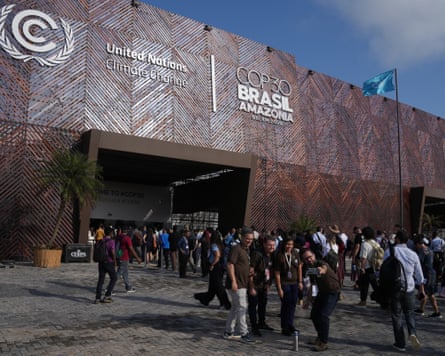
For many observers of past Cops, it can seem that nothing happens in these anonymous air-conditioned rooms where diplomats in suits spend a fortnight a year wrangling over obscure jargon, while outside the world grows dangerously hotter.
So it’s useful to take stock, and ask what have Cops achieved, what they could achieve in future, and whether there may be a better way of solving the climate crisis.
When the UN framework convention on climate change (UNFCCC) was signed in 1992, on a wave of optimism, it looked as if the world could pull together to tackle greenhouse gas emissions. But the climate turned out to be much harder to fix; the modern world was built on abundant and cheap fossil fuels, and almost everything in developed economies – food, transport, buildings, industry – has depended on them for 150 years. Wresting the world away from their grip would require big changes, both economic and social, and some countries – those with large fossil fuel resources – would lose out.
Almost as soon as the UNFCCC was signed, vested corporate interests and petrostates started to work against it. They cast doubt on the science; they lobbied governments; they spread misinformation to the public; they pushed their products even more heavily, to embed them more deeply and make them indispensable. Many countries also failed to act with the urgency the problem required. When in 1997 countries signed the Kyoto protocol, which built on the UNFCCC by requiring rich countries to make relatively modest cuts to their greenhouse gas emissions but allowed the developing world to carry on using fossil fuels, it was opposed by large sections of the US, which failed to ratify it. The annual Cops continued but, in the real world, climate action stalled. Meanwhile, global greenhouse gas emissions rose year after year.
That was the situation by the time of the Copenhagen Cop in 2009, when world’s nations came together again to try to replace the Kyoto protocol. They partially succeeded – there was a deal, in which developed countries committed to sharp emissions cuts, and for the first time developing countries agreed curbs to theirs – but it did not have legal force until the following year, and the conference was overshadowed by scenes of chaos and recriminations.
At that time, the trajectory for global temperatures under “business as usual” was for a 6C rise above preindustrial levels. That would spell an end to ice caps, make huge swathes of the planet uninhabitable and lead to massive die-offs of species.
Nations tried again. At Paris, in 2015, they crafted a more effective agreement – one that, for the first time, bound all countries to hold global temperatures within limits of “well below 2C”, while “pursuing efforts” to stay within 1.5C. At Cop26 in Glasgow in 2021, the more stringent limit of 1.5C was reaffirmed as the key target, as by then scientists had proved that 2C was too dangerous.
after newsletter promotion
After the Paris agreement, the trajectory for temperatures was more than 3C – still devastating, but half of what it had been. After Glasgow, the forecast was for about 2.8C – another improvement, but not enough. Today, with the national climate plans submitted before Cop30, the trajectory would lead us to about 2.5C. Cop30 is aiming to bring that down further, through an emphasis on real-world actions rather than future promises.
With extreme weather taking a massive toll around the world, and the US turning back to fossil fuels under Donald Trump, it may not seem as if there is much good news in climate politics. But the world stands on what could be the brink of some positive tipping points, as well as negative ones. Global investment in renewable energy now tops $2tn a year, twice that of fossil fuels. China’s emissions are stabilising and should fall soon, and the country is now the biggest user and exporter of renewable energy. Half of cars sold there are electric vehicles. Wind and solar energy are cheaper than fossil fuels in 90% of the world.
If those trends can accelerate, it could be just possible for the world to limit the “overshoot” to 1.5C.
Were Cops responsible for this good news? They played a big role. If not for the targets signed up to at successive Cops, most nations would probably have held back on policies to promote renewable energy, and companies would have carried on with fossil fuel investments. Cops are not perfect, but the progress made there does translate into real-world actions – it goes from negotiating rooms, to board rooms and into living rooms, as the UN climate chief, Simon Stiell, told me this summer.
Ed Miliband warned when I interviewed him in Belém last week that those who want to stymie climate action for their own narrow interests are the same ones who decry Cops as being useless. “They want people to despair. They want people to turn on the television and think, well, there they go again, talking about this issue where they’ve made no progress. Theirs is the agenda of nothing can be done,” said the UK energy minister. “That’s just wrong.”
Cops are indeed tortuous and often tedious, though punctuated with moments of joy. But none of the many critics of Cops have yet come up with an alternative that would bring all countries together, the smallest and most vulnerable on equal terms with the richest and most powerful, to work on this most complex of global problems. Cops will not solve the climate crisis by themselves, but it looks unlikely that the problem can be solved without Cops.
Read more:

 2 months ago
36
2 months ago
36

